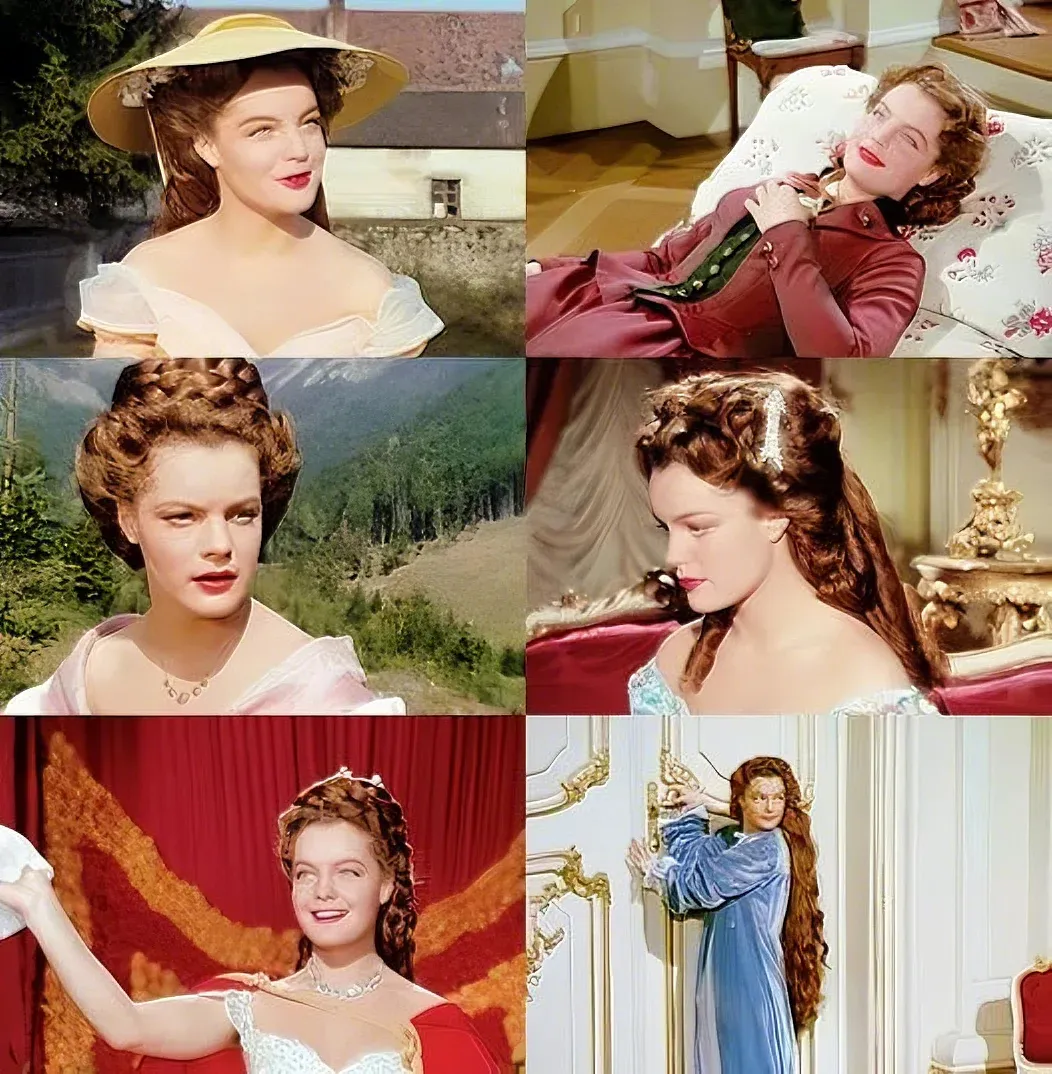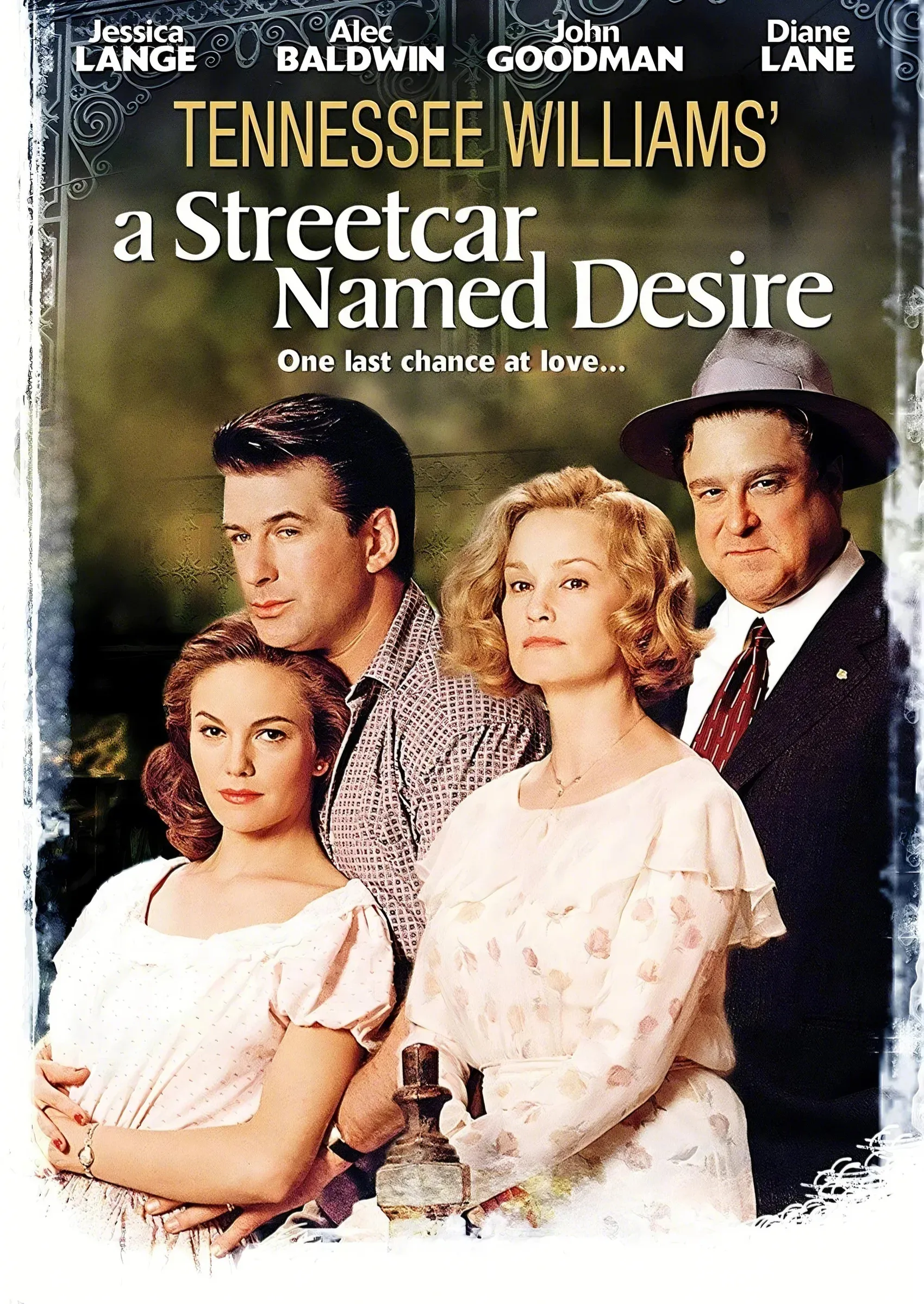The Sissi Trilogy (1955-1957)
The Sissi trilogy is a romanticized retelling of the life of Elisabeth of Bavaria, known as Sissi, who became the Empress of Austria. Spanning three films—Sissi (1955), Sissi: The Young Empress (1956), and Sissi: The Fateful Years of an Empress (1957)—the story follows her journey from a carefree Bavarian princess to one of the most beloved and influential figures in European history. In the first film, Sissi (1955), the young and free-spirited Elisabeth enjoys a happy life in the Bavarian countryside with her family, especially her father, Duke Max, who shares her love for nature and adventure. One day, her mother, Duchess Ludovika, arranges for her older sister, Helene, to meet Emperor Franz Joseph I of Austria, hoping that they will marry. Sissi is not supposed to be involved in the trip but accompanies her mother and sister to Bad Ischl, where the meeting is set to take place. However, fate intervenes when Franz Joseph unexpectedly meets Sissi while she is out exploring, not knowing her true identity. He is immediately captivated by her charm, beauty, and lively spirit. When he later discovers that she is Helene’s younger sister, he shocks everyone by declaring his love for Sissi instead. His domineering mother, Archduchess Sophie, disapproves of the match, but Franz remains firm in his decision. Despite initial hesitation and fear of the responsibilities that come with being Empress, Sissi accepts his proposal. Their grand wedding in Vienna marks the beginning of her new life as Austria’s Empress.

The second film, Sissi: The Young Empress (1956), explores the difficulties Sissi faces as she transitions into her new role. Life at the Viennese court is vastly different from the carefree world she knew in Bavaria. She is expected to follow rigid court protocols, and Archduchess Sophie exerts immense control over every aspect of her life, including the upbringing of her newborn daughter. Feeling increasingly suffocated, Sissi struggles with the demands placed upon her, leading to tension between her and Franz. Seeking solace, she returns to Bavaria to be with her family, where she finds comfort in the familiarity of home. However, her sense of duty ultimately prevails. She reconciles with Franz and takes on an important political role by winning the hearts of the Hungarian people. Her charm and natural ability to connect with others play a crucial part in securing the unification of Austria and Hungary, strengthening the empire. This newfound success not only solidifies her influence as Empress but also rekindles the love between her and Franz, proving that their marriage can withstand the pressures of court life.

In the final film, Sissi: The Fateful Years of an Empress (1957), Sissi faces even greater challenges. Political unrest continues throughout the empire, and she struggles with her health, eventually being diagnosed with a life-threatening illness. Franz, deeply devoted to her, ensures she receives the best medical care available. As part of her recovery, she travels to warmer climates, staying in Madeira and later on the Greek island of Corfu. With time, she regains her strength and returns to her imperial duties. Once again, Sissi proves her ability to win over the people, this time in Italy, where anti-Austrian sentiment is growing. Through her diplomatic efforts and genuine warmth, she manages to ease tensions, helping to stabilize the empire. Despite the many hardships she endures, Sissi emerges as a strong and beloved leader. The trilogy concludes with her triumph, portraying her not just as a romantic heroine but as a powerful and compassionate ruler whose influence extends far beyond the confines of the imperial court. The Sissi trilogy remains one of the most iconic depictions of Empress Elisabeth’s life, blending history with fairy-tale romance. While the films take artistic liberties, they capture the essence of her spirit—her love for freedom, her resilience in the face of adversity, and her undeniable impact on European history.




